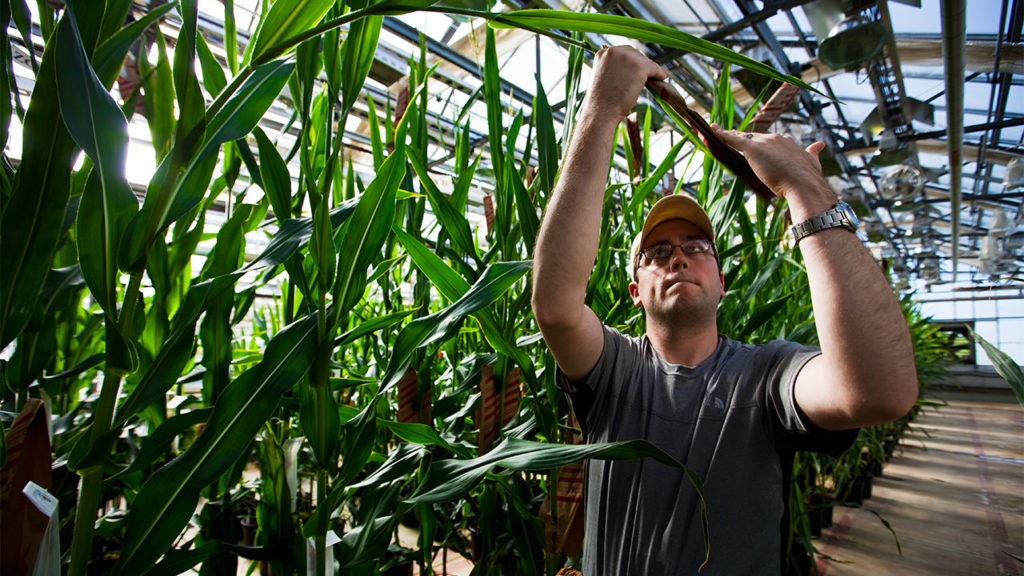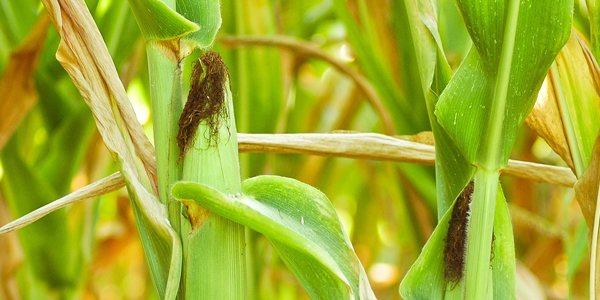Sciencemag.org - May 18, 2020 - Erik Stokstad

Brent Stirton/Getty Images
A major change to U.S. regulation of biotech will exempt some gene-edited plants from government oversight. The new policy, published in the Federal Register today, also calls for automatic approval of variations of established kinds of genetically modified (GM) crops, easing their path to market.
Industry groups are welcoming the new rule, whereas opponents are decrying the reduction of government oversight.
“The main good thing is that it will allow certain aspects of gene editing to move forward,” says Kent Bradford, a plant geneticist at the University of California, Davis. If researchers use gene editing to design a plant that could have been bred conventionally, the new plant will be exempt from regulation. But anything else—such as moving a gene between species or rewiring metabolism—will still require a regulatory review.
The gist of the shift is that the U.S. Department of Agriculture’s (USDA’s) Animal and Plant Health Inspection Service (APHIS) will now focus on new traits themselves rather than the technology used to create them, a change of approach that plant scientists have long wanted. Several reviews by the National Academy of Sciences have concluded that the risk that GM plants will become weeds is generally low, and that molecular tools typically don’t pose new risks compared with traditional plant breeding techniques.
COMMENT FROM DR. RATH HEALTH FOUNDATION
COMMENT
Seemingly hidden under cover of the mainstream media’s ongoing preoccupation with the coronavirus pandemic, the new U.S. biotech policy also calls for automatic regulatory approval of variations on certain types of GM crops. The goal appears to be to make it easier for biotech companies to get such crops onto the market. Predictably, therefore, industry groups are welcoming the new rules as they will inevitably profit from the reduction in U.S. government oversight.
Ultimately, of course, the main reason biotech companies are interested in GM crops is that their seeds can be patented. Patents on GM seeds, and the multibillion dollar potential profits and market control that may result from them, act as powerful incentives for biotech companies to find ways of forcing GM foods onto our dinner plates – regardless of the possible dangers to human health. This patent-based business model, with its focus on products that don’t exist in nature, is essentially the same as the one that is used by the pharmaceutical and chemical industries. Not surprisingly, therefore, many pharmaceutical and chemical companies also now have biotech subsidiaries.

